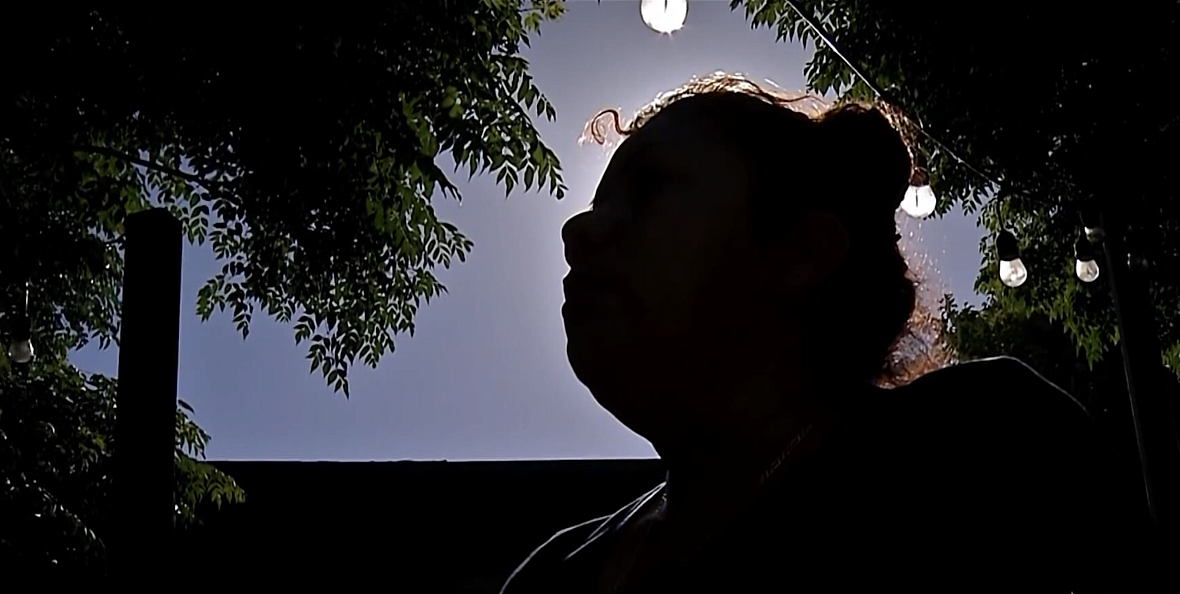"I Have Canceled Out of Fear." Migrants Are Postponing Medical Appointments Despite Health Risks
The story was co-published with Telemundo 33 Sacramento as part of the 2025 Ethnic Media Collaborative, Healing California. This story is the first of a three-part series.

Alicia Romo, a single mother, undocumented, has lived in Sacramento for over 20 years. Now, she fears stepping out of her house.
Ice raids have left behind more than just arrests — they’ve sown a fear that’s changing the way migrant families live across the country. Some are so afraid they avoid seeing a doctor — even when they need to.
Alicia Romo is one such migrant who is scared to venture out. She is a single mother, undocumented, and has lived in Sacramento for over 20 years. She cleans houses for a living, and lives her life worrying about what’s the recent crackdowns by ICE officers. Her 12-year-old daughter — who was born in this country, also lives with the fear of losing her mother at any moment, especially with the continuing news of raids and arrests of migrants by immigration officers.
For Alicia, taking care of her health has become a risk. In February, Alicia canceled two doctor’s appointments out of fear of encountering immigration agents on the way.
These weren’t just routine check-ups. One of the appointments was to monitor her high blood pressure — a chronic condition that requires constant attention.
Alicia’s story isn’t unique. Dr. Eva Perusquia, an internist in Salinas, has noticed that fear and uncertainty are taking a toll on her patients’ health.
“Some people show signs of anxiety — like eating more than usual, having trouble sleeping, and in some cases, spikes in blood pressure…”
A study published in the journal of general internal medicine confirms that delaying medical care can lead to late diagnoses, worsening health conditions, and higher costs.
The California Health Care Foundation also warns that putting off care, especially in vulnerable communities, can have serious long-term consequences.

“Some patients have asked to switch their visits to telehealth… we also offer telemedicine or just phone calls to go over lab results,” said Dr. Perusquia
But no screen or phone call can erase the kind of fear many families feel behind closed doors.
“My daughter gets really scared, because she’s afraid. I’m a single mother, she depends on me, I’m her support, I’m her everything,” said Alicia.
Clinics continue to remind the public: their information is protected, and their doors are open to those in need. But in homes like Alicia’s, health is no longer just about a diagnosis — it’s about the right to live without fear.
In the midst of fear and uncertainty, access to healthcare feels farther and farther away for many families.
This project was supported by the USC Annenberg Center for Health Journalism, and is part of “Healing California”, a yearlong reporting Ethnic Media Collaborative venture with print, online and broadcast outlets across California.
